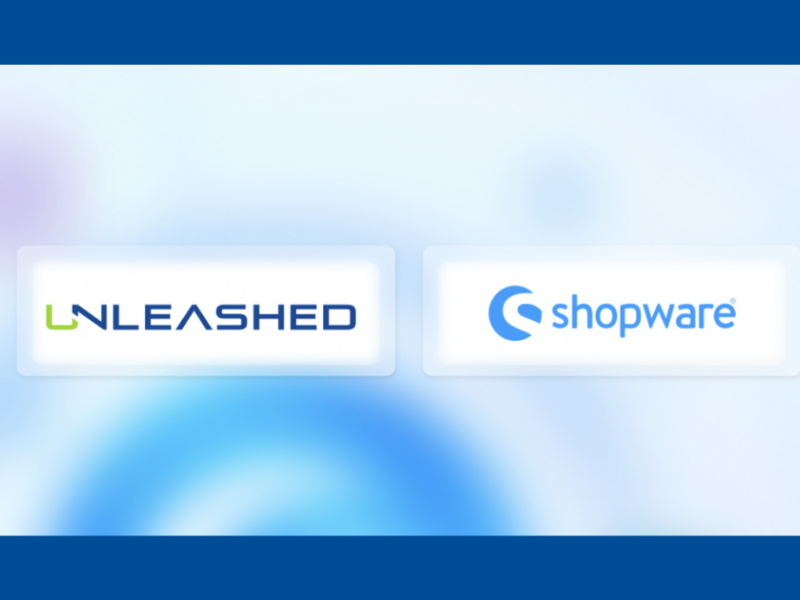This blog was produced with the assistance of an AI tool that used Unleash This podcast episode 1 as the input for the content.
Welcome to the world of B2B e-commerce, a rapidly evolving market that is reshaping the way businesses interact and transact. Unlike B2C e-commerce, which focuses on consumer purchases, B2B e-commerce involves transactions between businesses, requiring a different approach and a deep understanding of industry-specific nuances. In this article, we will explore the unique features of B2B e-commerce, the challenges companies face when implementing it, and the potential for digital transformation to revolutionize this sector.
Tailored Solutions Drive Long-Term Relationships
In B2B e-commerce, multiple stakeholders within an organization are involved in decision-making processes. This places a strong emphasis on establishing long-term relationships with buyers and suppliers. To meet the unique needs of B2B customers, e-commerce platforms often offer configurators that allow buyers to tailor products to their specific requirements. Additionally, self-service portals enable companies to manage larger purchases efficiently.
However, optimizing B2B e-commerce goes beyond simply providing these features. Businesses must also consider using industry best practices, building useful dashboards, and leveraging analytics to gain insights into buyer behavior and preferences. This digital transformation process requires integrating technical and functional elements across various internal systems to allow for easy ordering and seamless process integration. If you prioritize adding value, addressing user needs, and respecting traditional business processes, you can align your digital efforts with your overall strategy.
Digital Transformation and B2B eCommerce
One example of a digital transformation we’re working on in the B2B sector is the development of an application that caters to buyer preferences. For instance, one of our clients in the industrial air conditioning equipment sector created an application that helps buyers easily identify and contact their sales representatives. Another application currently under development generates CAD designs based on product design specifications, allowing buyers to visualize products online. These innovative solutions aim to reduce processing time and cater to the needs of technologically savvy buyers.
However, the challenge lies in the increased expectations of a digitized consumer base. This is where things like headless technology comes into play. By separating front-end and back-end code bases, businesses can enjoy greater application flexibility, faster user experiences, and visually stunning websites that engage digitally savvy buyers. APIs also play a significant role in connecting disparate applications, leveraging legacy assets, and creating new functionality to ensure a smooth user experience and impactful digital transformation journey.
Choosing the Right eCommerce Platform
When it comes to e-commerce platforms, businesses need to choose between custom and off-the-shelf solutions based on their ideal customer profile. For smaller businesses, comprehensive solutions like Shopify and BigCommerce, with transaction fees, can be a great fit. On the other hand, platforms like Magento and Shopware offer off-the-shelf solutions that can be tailored to specific industries. Magento, being more established and popular, is often the preferred choice for mid-size and larger businesses, but many companies are looking to newer technologies like ShopWare to overcome high fees associated with Magento.
Unleashed Technologies offers a wide range of capabilities, from building custom platforms to implementing an off-the-shelf solution with some customizations. We also build microservice applications and custom apps that cater to the needs of organizations, their distributors, and consumers. Our experience using open-source and Symphony code-based software enables us to create direct connections between e-commerce shops and factory floors, empowering the production of "Made in the USA" products and benefiting underserved communities.
Agency Options and Industry Trends
For those looking for custom options, symphony-based code bases like Sylius and Laravel offer vast customization for different applications. Hosting is also a critical part of any e-commerce experience. Providers like platform.sh ensure website speed and reliability, enhancing the overall performance of your website.
Digital transformation has the power to revolutionize the traditional methods of B2B commerce. By understanding industry-specific nuances, adopting best practices, and leveraging the right technologies, businesses can thrive in an increasingly digital world. We offer expertise in a variety of code bases and are ready to support organizations on their digital transformation journey to create efficiency and seamless transactions leveraging B2B e-commerce technologies.
We’ve spent years understanding the potential impact technology and digital transformation can have in the B2B sector, and we are committed to helping businesses navigate these changes. Reach out to us for further discussions on topics such as e-commerce, healthcare technology, enterprise websites, custom software, and generative AI.
And, be sure to subscribe to our YouTube channel to watch our podcast as we delve into the latest digital trends and insights.


